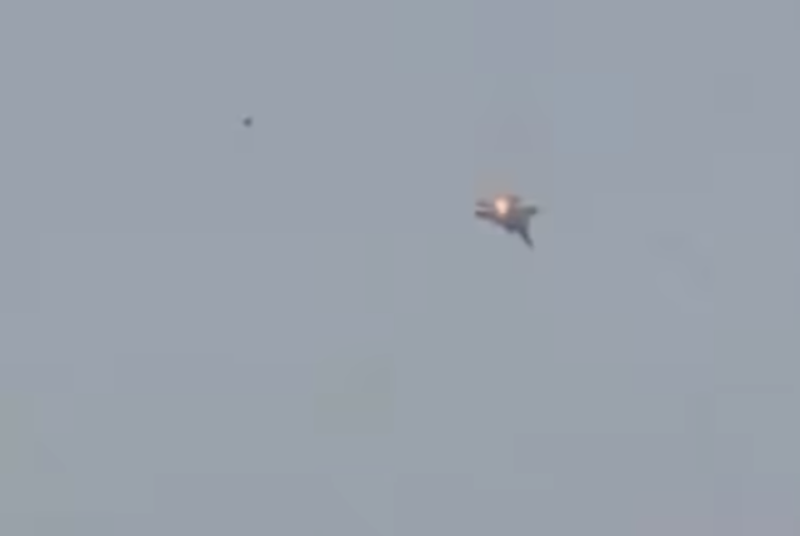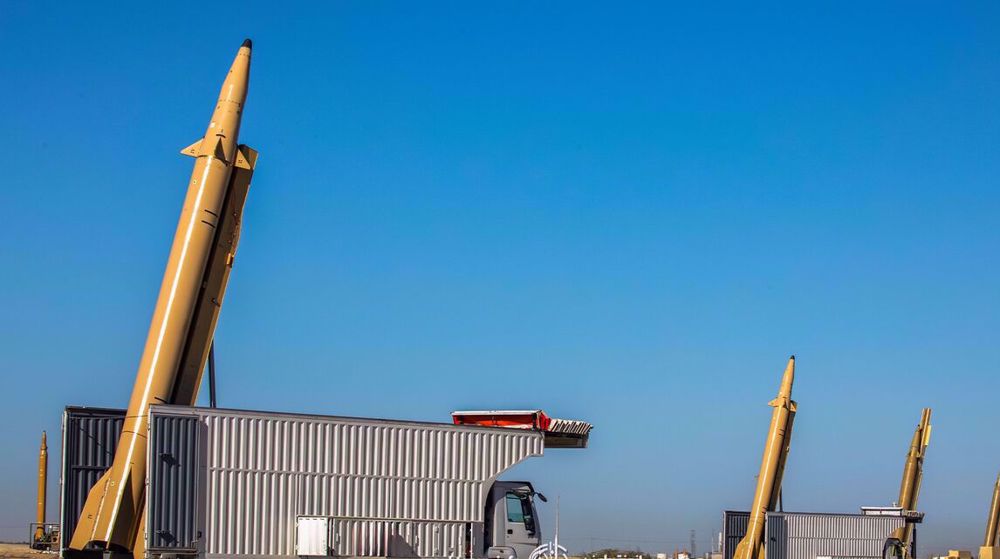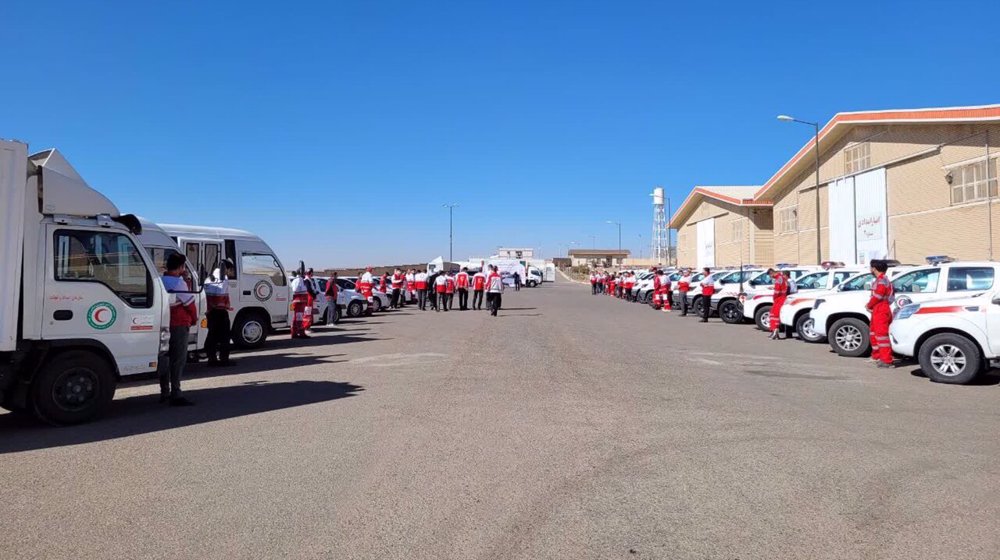Europe proves biggest spender on US arms: Report
Europe proved to be the biggest spender on US-made arms last year, and is expected to retain a devouring appetite for the weapons in near future, shows one report.
The continent accounted for nearly a quarter of the $55.7 billion in foreign arms sales that the Pentagon’s Defense Security Cooperation Agency (DSCA) handled in the 2018 fiscal year, Reuters reported on Saturday, citing US Army Lieutenant General Charles Hooper, the DSCA’s director.
Various US arms makers, who were cited by the news agency, including Lockheed Martin and Boeing, also said that the European demand for warplanes, missile systems, and other weapons was growing.
Apparently in anticipation of high demand, Washington sent an especially-ranking delegation, including Commerce Secretary Wilbur Ross, to the Paris Airshow this year. The expo showcased products by nearly 400 US companies.
“Two Paris airshows ago, there weren’t a lot of orders,” said Rick Edwards, who heads Lockheed’s international division. “Now…our fastest growth market for Lockheed Martin in the world is Europe.”
Ralph Acaba, vice president of Raytheon Co’s‘s Integrated Defense Systems, also said, “Europe is really big for us now, and that’s a big change in just the last few years and even the last 18 months.”
He said the company was boosting automation and working to deliver its Patriot missile systems and other weapons in half the five-year period previously expected, while Hooper said Washington was trying to speed up arms sales approvals in general.
The United States has significantly increased its arms exports to its Western and Middle Eastern allies under President Donald Trump.
Washington has been hyping up, what it calls, an alleged threat emanating from Russia and Iran in order to try and antagonize the international community against Moscow and Tehran and justify the weapons sales.
US-friendly states view the purchases as a means of endearing themselves to Washington and supposedly endorsing their alliance with the world’s biggest arms maker and spender.
Europe has been less scathing of Russia compared to the US, and has somewhat distanced itself from Washington’s discourse on Iran. However, various European states have, time and again, reminded that they agree more than they disagree when it comes to the narrative, which is adopted to address the issues that have to do with Moscow and Tehran.
Murder of innocence: Israeli-US aggression on southern Iran school killed 165 children
Israeli PM’s fate unclear after ‘surprise’ missile attack on his office: IRGC
Iran Armed Forces shoot down US F-15 fighter jet near Kuwait border
IRGC, Army launch fresh waves of missile strikes against Israeli, US targets
Red Crescent Society: 555 people killed across Iran in US-Israeli onslaughts
Operational concerns delayed US-Israeli aggression against Iran for a week: Report
Iran slams Israeli attacks on Lebanon, warn UNSC’s inaction to embolden regime
Iran says has ‘no choice’ but to fight back, holds no enmity toward American people














 This makes it easy to access the Press TV website
This makes it easy to access the Press TV website